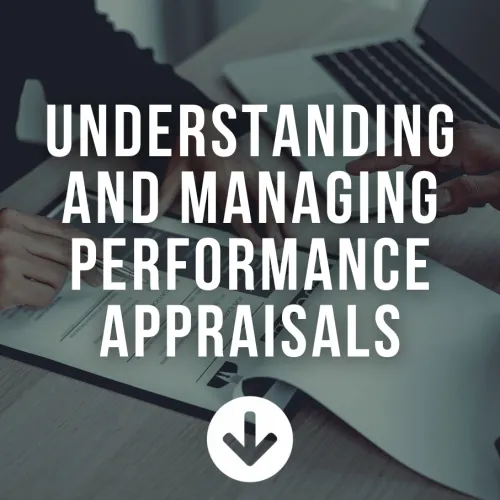KPI Setting For Individual & Organizational Performance
KPI Setting For Individual & Organizational Performance
Course Duration: 2 DaysIntroduction
KPI, performance reviews, and appraisals guide employees' focus on what is expected, know how they have been doing and what further development or training they need to do to improve. These tasks are also part of a performance management system that integrated the process of defining (KPI setting), assessing (performance review and appraisal), and reinforcing employee work behaviors and outcomes. Organizations with a well-developed performance management process often outperform those without this element of organization design.Goal/KPI setting describes the interaction between managers and employees in jointly defining members' work behaviors and outcomes. Performance appraisal involves collecting and disseminating performance data to improve work outcomes. It also can facilitate career counseling. Reward systems are concerned with eliciting and reinforcing desired behaviors and work outcomes through compensation and other forms of recognition.
Objective
This workshop is designed to equip individuals and managers, who have to conduct performance appraisals with a good understanding of KPI setting and also how to conduct an effective performance appraisal. The ultimate objective of this workshop is to enable managers to align individual and team KPIs to the organization's performance objective.This workshop will focus on the main processes of performance management such as KPI setting, evaluating KPI, setting performance standards conducting a performance review, and performing effective performance appraisal.
Upon completion of this program, participants should be able to:
- Identify and set relevant and important KPIs
- Align corporate and individual KPIs
- Guide staff to identify relevant KPIs
- List the key elements of performance management
- Explain the challenges and pitfalls of performance appraisal
- Provide effective feedback
- Determine performance standard
- Establish SMART goal / KPI
Key Content
Module 1: Introduction
- What is performance management
- Performance Management Cycle
- Important objective of performance management
- Pitfalls to avoid
- Discussion and presentation
Module 2: Performance Management System (PMS)
- PMS philosophy
- Components of PMS
- The process of an effective PMS
- Brainstorming and presentation
Module 3: Key Performance Indicators (KPI)
- What are KPI
- KPI identification - ''The Grid''
- Common sources of KPI
- KPI structure - SMART
- Cascading & balance KPI
- Skill practice
- Case study - HBR ''Goals gone wild''
Module 4: Performance Monitoring And Review
- Contributing factors to performance deficits
- Ability and/or motivation modifiers
- Effective feedback
- Manager as coach
- Mandatory coaching situation
- Skill practice
Module 5: Performance Appraisal (PA)
- Steps and key components of an effective PA
- Identification of errors and biases in PA
- Responding to employee reactions during PA
- PA evaluation - The ''5-5 Grid''
- Role play
Inquiry - KPI Setting For Individual & Organizational Performance









